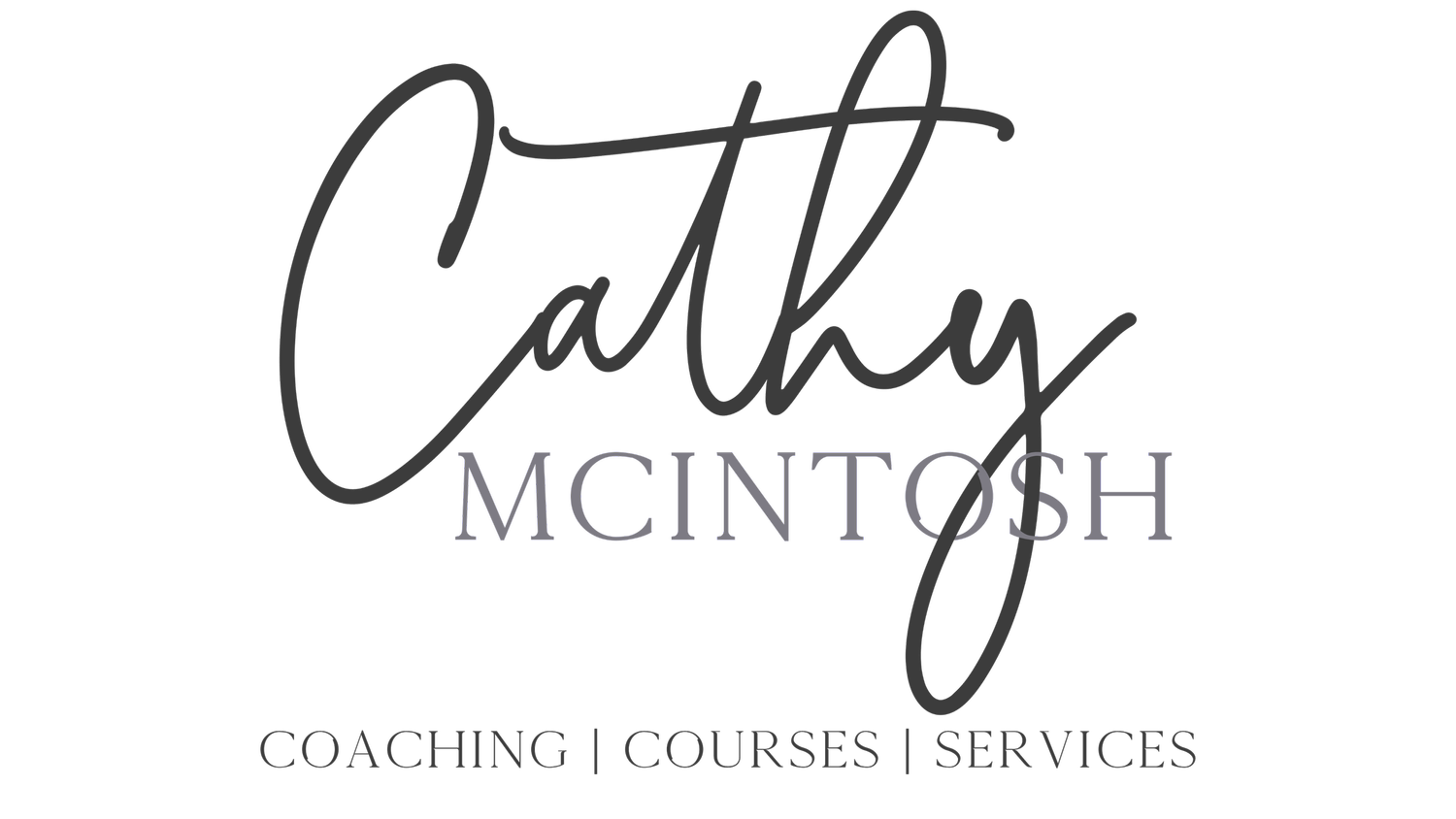5 Simple Tips to Become a Better Storyteller (and why you should)
“Well? What happened?” I’d just returned from the doctor’s office, and my husband wanted to hear the story. As I sorted out the complicated details inside my mind, I found myself wondering how I could become a better storyteller in the next fifteen seconds. Story is a powerful, sense-making tool that often lends better understanding. While the news I had to share wasn’t bad, it was a bit convoluted, and I didn’t want to give him a long-winded answer. I knew by staying simple and focused, I could best ease his concerns.
The importance of storytelling
Anyone can be a storyteller, in fact, most of us already are. We use stories as a tool in daily communication, parenting, business, ministry, writing, and even marketing. Even Jesus taught with parables (stories) to help listeners make sense of complex matters. Stories not only entertain; they engage us emotionally and help us remember details that might otherwise be forgotten. These are ample reasons to become a better storyteller.
What are the techniques of storytelling?
It’s not difficult to learn the art of storytelling, but like any other talent, it takes a bit of practice. Remember that to become better at something, you must keep trying. So, start where you are and keep working to get better. There are a few techniques that are helpful.
Keep your story as clear and concise as possible
Make your main character likable
Make your villain (either a person or a circumstance) easy to dislike
Don’t always rely on the first ideas that come to mind. Let your story unfold inside your mind and look for deeper meaning.
5 simple tips to become a better storyteller:
Great stories have a controlling idea.
Those that ramble are hard to follow, so when telling a strong story, you’ll want to stick with the point you’re trying to make. Toy Story focused on Sheriff Woody’s fear of rejection. Finding Nemo took us on Marlin’s journey of letting go. Avoid digressing and adding too many diversions or subplots.
Great stories convey emotion.
They tug on our hearts. When sharing a story, draw on your own emotional experiences and help the listener (or reader) feel them too. Think beyond what your character sees and reach into what she feels. How do those feelings cause her to react or withdraw?
Great stories share conflict.
A movie with no conflict is not interesting. As soon as conflict resolves, the movie is over. A fight doesn’t have to be between people but can also be an internal struggle or an external obstacle that the hero must overcome. The conflict is one of the most important aspects of your story so emphasize it well.
Great stories deliver the unexpected.
A story that’s too predictable (or shared too often) doesn’t capture attention. Mix it up and deliver a twist your reader didn’t see coming. You don’t have to be overly imaginative, just consider that in life things rarely go exactly as we expected. Use real-life examples to reveal a surprise.
Great stories finish strong.
Have a strong conclusion—one that resolves the conflict of the character and convincingly portrays the emotion of success or failure. A powerful conclusion will also defend the idea of your story or convey a moral. Tie a nice bow around your story before you call it finished.
The storytelling examples around us
As you work to become a better storyteller, go back and re-read your favorite novel or watch one of your favorite movies. Look at it with new eyes, examining it to learn its storytelling techniques. Consider things like:
What made you like the hero of the story
Identify the obvious and subtle obstacles the hero faces
How does the hero feel? Did you feel that emotion too?
What is the main point of the story? Now look a bit deeper and see if you can find an even deeper theme.
Which parts of the story surprised you the first time you read it?
How does the conclusion resolve the conflict and show victory or defeat?
Every one of us has a storyteller inside, and good storytelling is a powerful and effective means of communication. To discover the art of storytelling, simply look at the stories unfolding around you every day. Pay attention to the things that hold your attention and then use those techniques in your own storytelling. Before long, you’ll see your writing (even your non-fiction writing) improve. Your communication skills will become stronger, and you’ll begin to feel more confident in the thoughts and ideas you share with others. Above all, remember to enjoy the journey.



